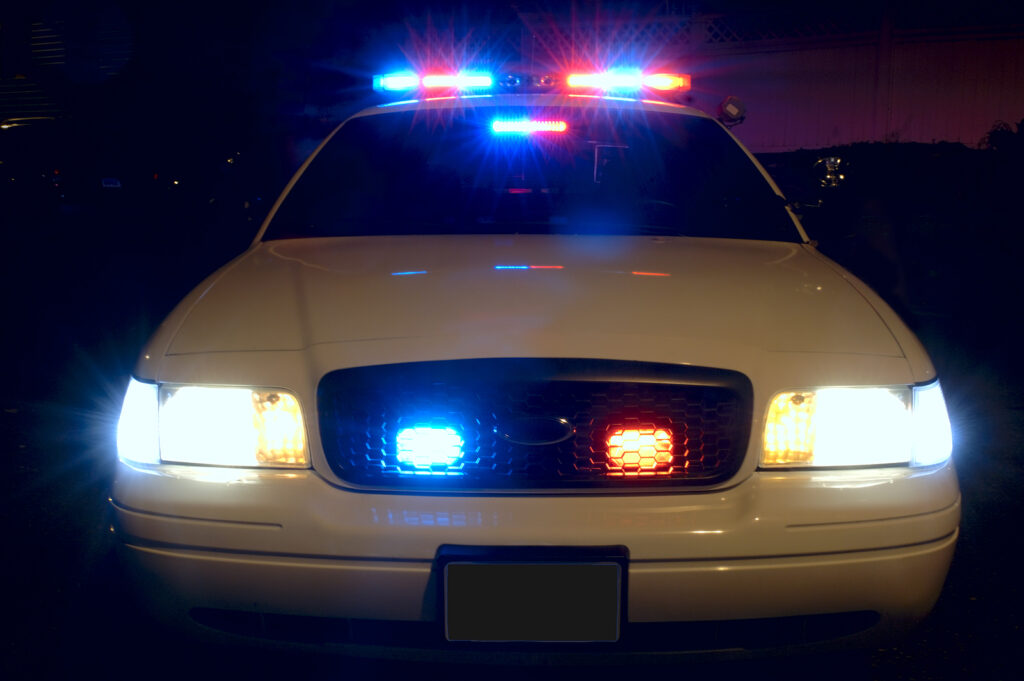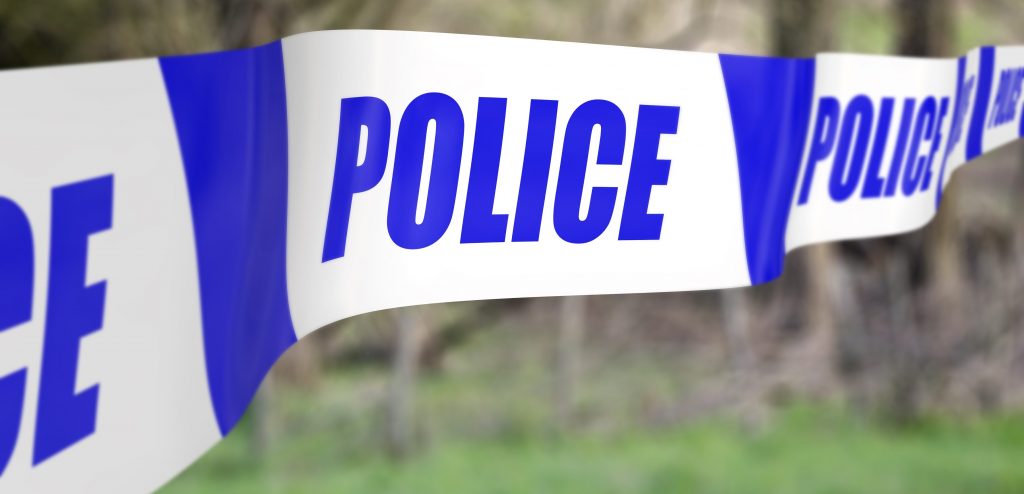Nobody wants to be pulled over by the police, whether for a routine traffic stop or a drunk driving offense. To avoid being pulled over by police, there are some certain things you can do. Continue reading to learn the top three ways you can prevent yourself from being stopped by a cop, as well as what to do if you were recently pulled over and charged with an offense in Indiana.

Your Rights During a Police Stop
Law enforcement officers are not permitted under law to stop just anyone they want at any time for no reason at all. They must have probable cause to stop and question a person for purposes of determining whether or not a crime is being or was committed. Although law enforcement can stop a person and detain them without arrest, they cannot detain them for an unreasonable amount of time or indefinitely without making an arrest and filing charges.
This violates our constitutional right against unreasonable searches and seizures. To arrest them, they must have probable cause or a warrant. So, although it might seem like a police officer stops someone for no reason, professional training and strategies used by law enforcement can allegedly spot the signs of suspicious or criminal behaviors.
How to Be a Non-Target for Law Enforcement
As for pulling people over, law enforcement’s top priority is to ensure the safety of all drivers and passengers on the road. Mostly, they are looking for intoxicated drivers, drug traffickers, reckless speeders, and similar offenders. Whether you are doing something illegal or not, in order to avoid being arrested or cited for a traffic offense, follow these three important tips:
❶ Stick to Your Car’s Routine Maintenance Schedule
One of the most common reasons for being pulled over unexpectedly is for automotive defects like a dimmed taillight, broken turn signal, or some other type of illumination or equipment defect. In many cases, a minor traffic offense leads to additional officer suspicions, thus resulting in additional charges like DWI’s, drug possessions, suspended license, and more.
So, be sure to stay current on all scheduled car maintenance according to your car’s owners’ manual. This will prevent your vehicle from experiencing any sort of unanticipated equipment malfunctions or automotive defects that can lead police officers to pulling you over. For instance, if your head or taillights are not illuminated brightly enough, law enforcement will be inclined to pull you over insight you.
❷ Stay Compliant With All Local and State Regulations
It is also very common to be pulled over if your plates or driver’s license is expired, or if you have not renewed the license plate stickers. Furthermore, if the cop runs your plates and learns that your vehicle is not properly insured or registered, they will also pull you over. So, to avoid being pulled over for these minor infractions, it is wise to ensure that you are always in compliance with all local and state automotive regulations.
❸ Drive Mostly in the Daytime
If you restrict the majority of your driving during the daytime only, you can avoid being pulled over by police significantly. Not only can you see police officers better, but you can also see the roads better, which can reduce your chances of making any driving errors or traffic mistakes that bring attention to you.
Were you recently pulled over and arrested for a crime in Indiana? Contact Attorney David E. Lewis at 317-636-7514 for the best chance at reducing or dismissing your Indianapolis IN criminal charges. Our legal team specialize in DUI charges, drug possession crimes, drugged driving charges, and similar criminal traffic offenses. Consultations are free so act now and get started on your defense today!
You May Also Like:
Do I Need a Lawyer for Traffic Court?
Do Not Fall for These OWI Arrest Myths
Facts About Police Stops and Pat Downs



